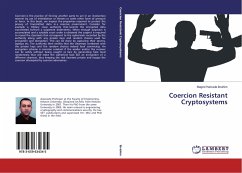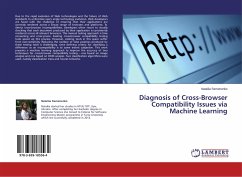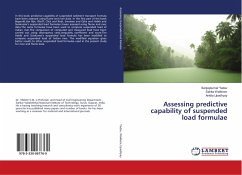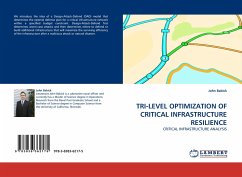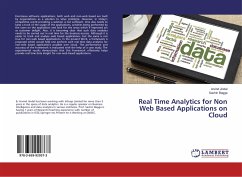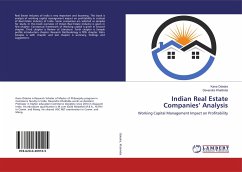Coercion is the practice of forcing another party to act in an involuntary manner by use of intimidation or threats or some other form of pressure or force. In this book, we inspect the properties required to protect the privacy of transmitted data in a coercive environment. Consider for example a military coup authority that records the encrypted data transmitted to/from a suspected dissentients. When enough suspicion is accumulated and a suitable court order is obtained the suspect is required to reveal the cleartexts that correspond to the ciphertexts recorded by the authority along with any private keys and random choices used for encryption and decryption. This can be done by capturing their servers, laptops etc. The authority then verifies that the cleartexts combined with the private keys and the random choices indeed look convincing. An encryption scheme is coercion resistant if the sender and/or the receiver can lie safely without being caught as liars by generating fakelocal randomness that will make the ciphertext look like an encryption of a different cleartext, thus keeping the real cleartext private and escape the coercion attempted by coercive adversaries.
Bitte wählen Sie Ihr Anliegen aus.
Rechnungen
Retourenschein anfordern
Bestellstatus
Storno

